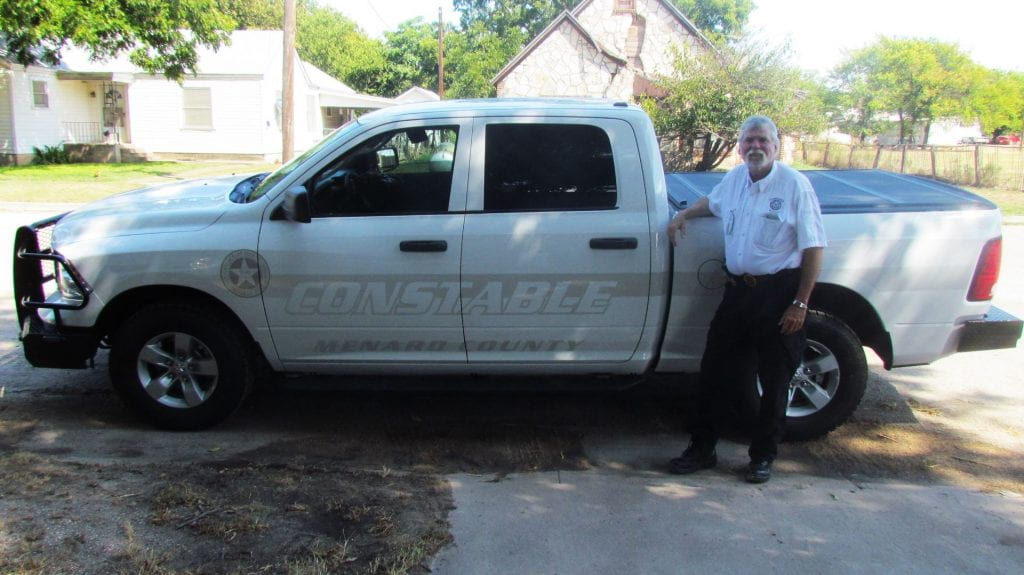Gwen Hughes, Clerk 2
Dawson County
TELL US A BIT ABOUT YOURSELF
I was born and raised in Lamesa. I have lived in Austin, San Antonio, Tyler, Scottsdale, Arizona, and Crescent City, California. California was nice for a West Texas girl because I could hear the ocean and the sea lions from my yard, I was ten minutes from the redwoods, and it rained almost 24/7. It was like living in a rain cloud. I have worked in real estate, insurance regulation, the medical field, and solar farm construction. I am single, have one son and two shih tzus. I like to garden, read, and spend time with friends. I came back home to Lamesa to care for my mom.
WHAT MADE YOU DECIDE TO BECOME A CLERK?
I was searching for a job that would make a difference in people’s lives. The clerk position in the Justice of the Peace office became available, and I applied. It has been interesting and rewarding.
WHAT IS SOMETHING INNOVATIVE, INTERESTING, OR FUN YOUR OFFICE DOES?
My office loves to celebrate holidays and birthdays. Our clerks decorate for those celebrations which creates an enjoyable, cheerful atmosphere. The public appreciates our cheerful office. The judge sets the tone for the office as a helpful, happy place to work.
WHAT IS THE BEST PART OF YOUR JOB?
My co-workers are the best part of my job. We are blessed to have a great staff. Each one has a unique personality. They come to work with a good attitude, smiling faces, and ready to solve the challenges of the day.
WHAT MAKES A GOOD CLERK?
Patience is a very good quality to have as a clerk. We are the only Justice of the Peace office in Dawson County. We are a high-volume office with many phone calls and walk-ins asking questions and taking care of their business. We do our best to help each one in the most pleasant, accurate way possible.





